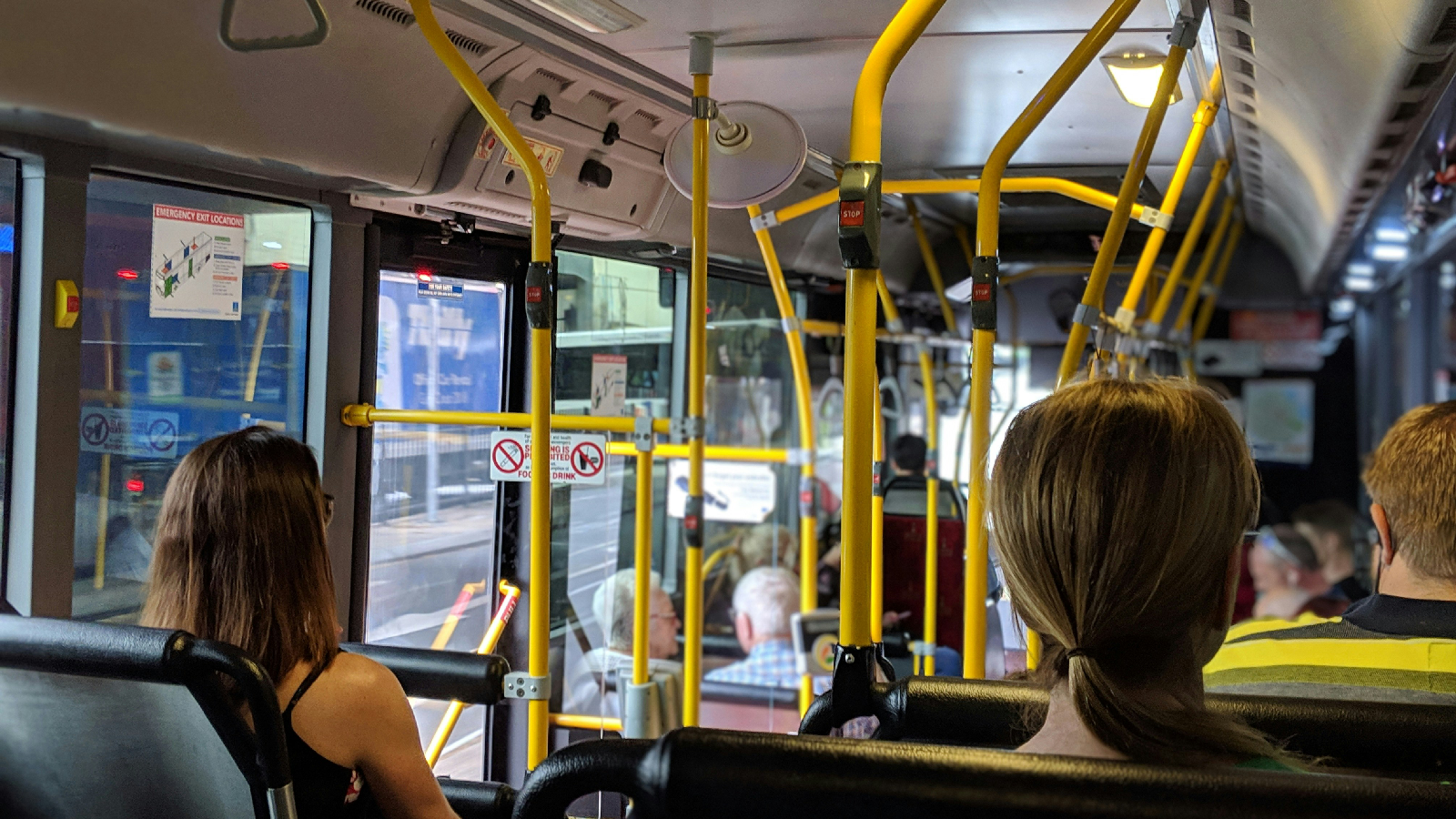To kick off 2024, we asked Yale Climate Connections readers which resolutions you want to make for the climate this year. Many of you said you were already doing a lot, from installing solar panels to thrifting clothes. While there’s always more to do, it’s important to celebrate the work you’ve already done. That’s worth celebrating — and bragging — about.
If you’re looking for a new action to take this year, check out what some of your fellow readers are planning on doing.
Transportation
Driving a gas-powered car and frequent flying can make up a hefty part of your carbon footprint. Here’s what Yale Climate Connections readers are doing about it this year:
- “We plan to replace an old gas car with an EV this year. Even better, I have been taking the bus and walking more — good exercise for me and lower emissions for the climate crisis.”
- “I plan to move to be closer to family to avoid having to fly in the future … and drive an electric car until I can establish transportation.”
- “Using only public transport.”
Read: Which EVs qualify for new federal tax credits?
Policy & politics
Showing up to local meetings, lobbying elected officials, and joining climate movement organizations can expand your impact beyond your personal pollution. Finding people who share your concerns and dedication can also alleviate climate anxiety. Here are some policy-related and political resolutions Yale Climate Connections readers are making this year:
- “Raise more hell and specifically hammer the Rhode Island government about the relationship between the climate disaster and its economic development policies. Raise more hell about the stupidity of the RI Department of Transportation and its refusal to fund the RI Transit Master Plan. Make sure composting becomes a bigger thing in RI through work on the compost conference and with the RI Food Policy Council.”
- “Work more on climate justice.”
- “I plan to get involved with local climate organizations.”
- “I have been writing — like mad — letters to editors in two major local papers about anti-EVers, climate deniers, climate change damage, climate damage causing insurance to go up, and now crop damage from heat, droughts, abnormal rainfall … So as long as they keep publishing my letters (most of them, anyway), I shall keep writing.”
- “Do everything I can to make sure Trump is not elected … Help the world understand every living thing has the same right to life as me.”
- “Voting on the basis of climate action!”
Read: 13 tips for lobbying your elected officials about climate change
Conservation and consumption
It takes energy to produce goods, so consuming less means less carbon pollution. Thrifting clothes and using less single-use plastics can make a small impact on your carbon footprint. For those in drought-prone areas, conserving water can be helpful. For maximum effect, you may choose to lobby for regulations on high-production and resource-intensive industries like agriculture, plastics, and fashion. Here are some consumption and conservation-related resolutions from Yale Climate Connections readers:
- “Continue my long-practiced lifestyle of reuse, recycling, and conservation in all aspects to ensure sustainability while trying to educate and influence others.”
- “Shop at consignment and thrift stores.”
- “Compost, save water from the shower to water plants, save water from washing plants, etc., and pick up trash on the street.”
- “I will continue to practice using less plastic, and I am chairing a new chapter under the Surfrider Foundation umbrella to encourage the use of less plastic in my community.”
Read: Opinion: Let’s free ourselves from the story of economic growth
Food
Food and agricultural operations can emit a lot of pollution, including methane, which has high warming potency in the atmosphere. You can have an impact by composting food scraps and reducing the amount of red meat you eat. If changes to your diet would be unhealthy for you, there are plenty of other areas where you can have an impact. Here are some food-related resolutions from Yale Climate Connections readers:
- “To grow and to consume more of our own food. To continue with short-duration cattle grazings on our home pastures. To continue on with composting food scraps.”
- “Change diet.”
- “Find a way to compost my food scraps.”
- “Continue organic gardening.”
Read: Why the food system is the next frontier in climate action
Home electrification
Many U.S. residents operate mini-fossil fuel plants in their homes in the form of gas- or oil-burning heating systems and appliances. But they can be replaced with energy-efficient electric alternatives to reduce pollution. And there are tax credits to help you do it!
- “Replacing the gas stove with an induction stove.”
- “I plan to install a level 2 EV charger at my home and purchase an induction/convection stove.”
Read: Checklist: How to take advantage of brand-new clean energy tax credits
Community education
Talking about climate change with people who trust you can grow your impact beyond your personal carbon footprint. Here are some education-related climate resolutions readers made:
- “Develop and present elementary school climate curricula through my job with the Forest Preserves of Cook County.”
- “I will create ‘A Minute for Mother Earth’ video each week through September based on the Wake Up World Curriculum, a Curriculum on the Climate Crisis for Faith and Community Groups, and distribute them to faith and interfaith groups who sign up for them free of charge.”
Read: How to talk about climate change: Ask questions
If you want to make a climate resolution for 2024, tell us about it here:


